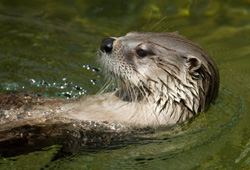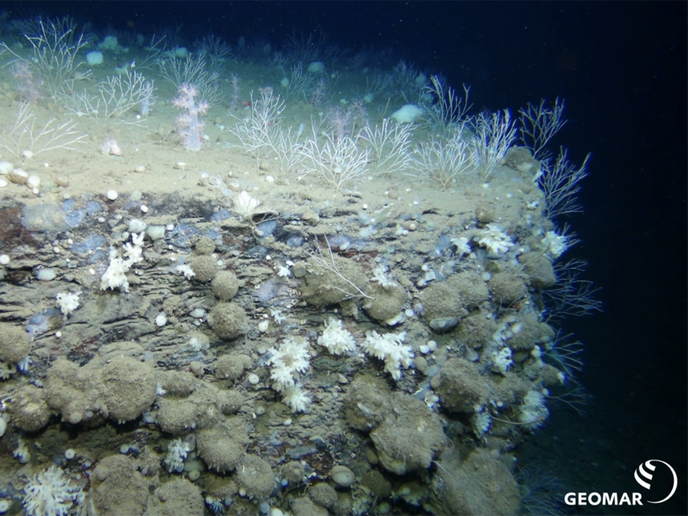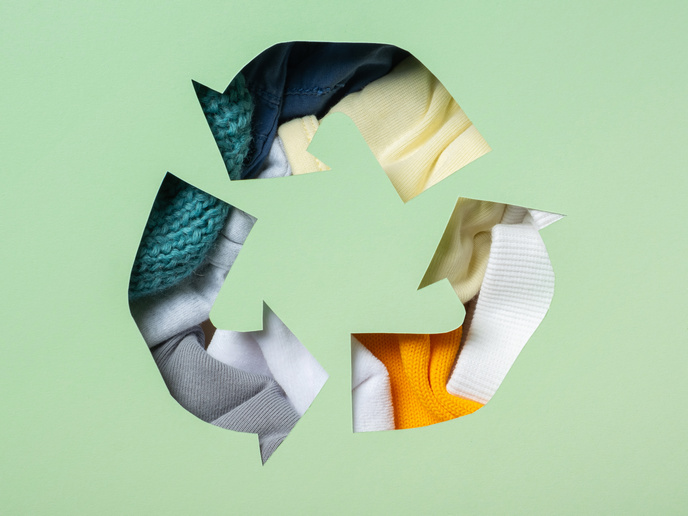Saving the Eurasian otter from extinction
The Eurasian otter (Lutra lutra) is an endangered species that is threatened by loss of habitat as well as water pollution. In many regions across Europe the otter also comes into conflict with fish farming, which shares the same ponds and streams. A unique RTD project sponsored by the Energy, Environment and Sustainable Development Programme sought to develop a reconciliation action plan (RAP) to address the Eurasian otter's plight. The approach involved the assessment of all necessary socio-economic and ecological constraints and required the active participation of all the stakeholders. The Institut fuer Wildbiologie und Jagdwirtschaft (IWJ) in Austria, a member of the FRAP research consortium, took the lead on the RAP for the Eurasian otter. They focused on their own territory, as well as that of the Czech Republic, where aquaculture is a thriving industry. The resulting RAP is designed to be used as a decision support tool by local and regional authorities. The aim is to facilitate efforts to protect the Eurasian otter while enabling peaceful coexistence with fish farming. The FRAP methodology will also be applied to other vertebrate species affected by the fishing industry.







